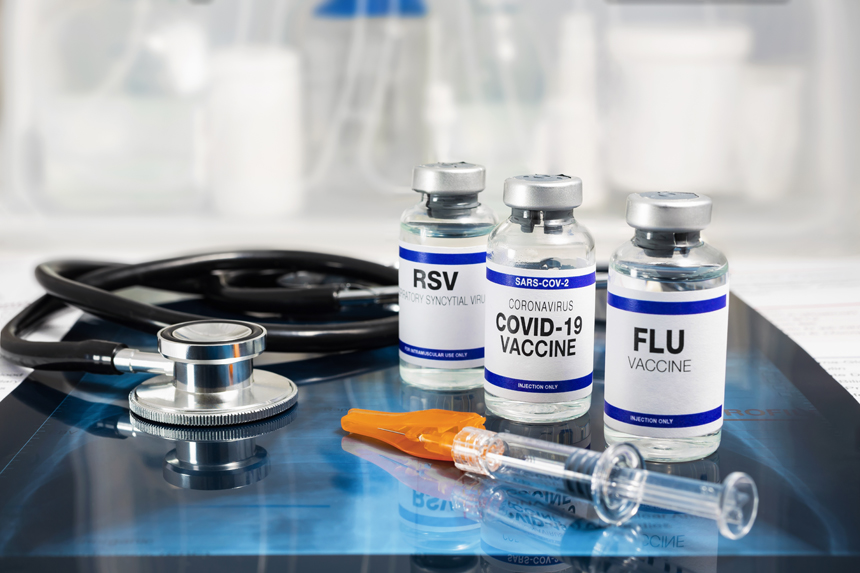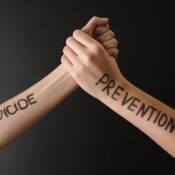“Your Health Checkup” is our online column by Dr. Douglas Zipes, an internationally acclaimed cardiologist, professor, author, inventor, and authority on pacing and electrophysiology. Dr. Zipes is also a contributor to The Saturday Evening Post print magazine. Subscribe to receive thoughtful articles, new fiction, health and wellness advice, and gems from our archive.
Order Dr. Zipes’ books, Ari’s Spoon, a new novel, as well as Bear’s Promise and Damn the Naysayers, A Doctor’s Memoir. Check out his website at dougzipes.com.
A few days ago, an elderly friend, just back from a Mediterranean cruise, messaged me late at night. “I’m sick with a 1020 fever, stopped up breathing and a cough. I tested positive for COVID despite all the booster shots. What should I do?” I called in a prescription for Paxlovid at an all-night pharmacy and he recovered, though slowly.
We are at the beginning of another round of infections with Omicron variants from the original COVID-19 pandemic. There has been a recent surge in hospitalizations and deaths from these new infections as well as waning immunity after the last one. Infections are likely to increase more as we head into the winter months. Updated vaccines have just been made available – my wife and I got vaccinated a few days ago – and the government is giving out free test kits. While the old boosters provide some protection, they are far from perfect, as my friend found out.
We also need to remember that flu season is almost here, and with it the potential for another type of pulmonary challenge from the respiratory syncytial virus (RSV).
What should you do? Vaccinate, vaccinate, vaccinate.
I’ve said repeatedly that one of the most important contributions medicine has made in the last 250 years has been the concept of vaccination to prevent illnesses. Prevention is far preferable to treatment: cheaper, more reliable, and more tolerable. The latest mRNA shots from Moderna and Pfizer no longer target the original strain of SARS-CoV-2 but instead aim for the Omicron variant XBB.1.5 that more closely reflects the strains currently circulating. The benefits of vaccination generally outweigh the risks, real or imagined by anti-vaccinators.
If you do get sick from the new variant Omicron — the effects of the infection may become manifest more quickly than the previous COVID virus — it is recommended that you isolate from others by staying in a separate room and wearing a mask when venturing into shared areas such as the bathroom. Isolation should continue for five days after the appearance of symptoms or a positive test, or after the person is improving and is free of fever without drugs for at least 24 hours. Longer isolation is recommended for those with serious symptoms such as shortness of breath or those requiring hospitalization. Because a sick person could be contagious for 10 days, wearing a high-quality mask (N95 or KN95) in public until 10 days have passed since symptoms began or testing positive is recommended. Unmasking before day 10 is possible if two home antigen tests taken two days apart both yield negative results.
As my friend did, beginning treatment with Paxlovid as soon as possible after the onset of infection is recommended if you belong to a vulnerable group such as the elderly, unvaccinated, immunocompromised, or those with a serious medical condition. Be sure to check with the physician or pharmacist for any adverse drug interactions between Paxlovid and medications you are already taking. For those unable to take Paxlovid, a three-day IV infusion of Remdesivir, which similarly blocks replication of the virus, is recommended.
It is difficult to predict just how severe infections will become in the future. But it is better to be safe than sorry, and wearing a mask in closed, crowded spaces is reasonable if you are concerned. It only takes a moment to be exposed to enough virus to make you sick. The mask is a simple means to reduce that risk. Most important is to get vaccinated for COVID, flu, and probably RSV as well.
Become a Saturday Evening Post member and enjoy unlimited access. Subscribe now



